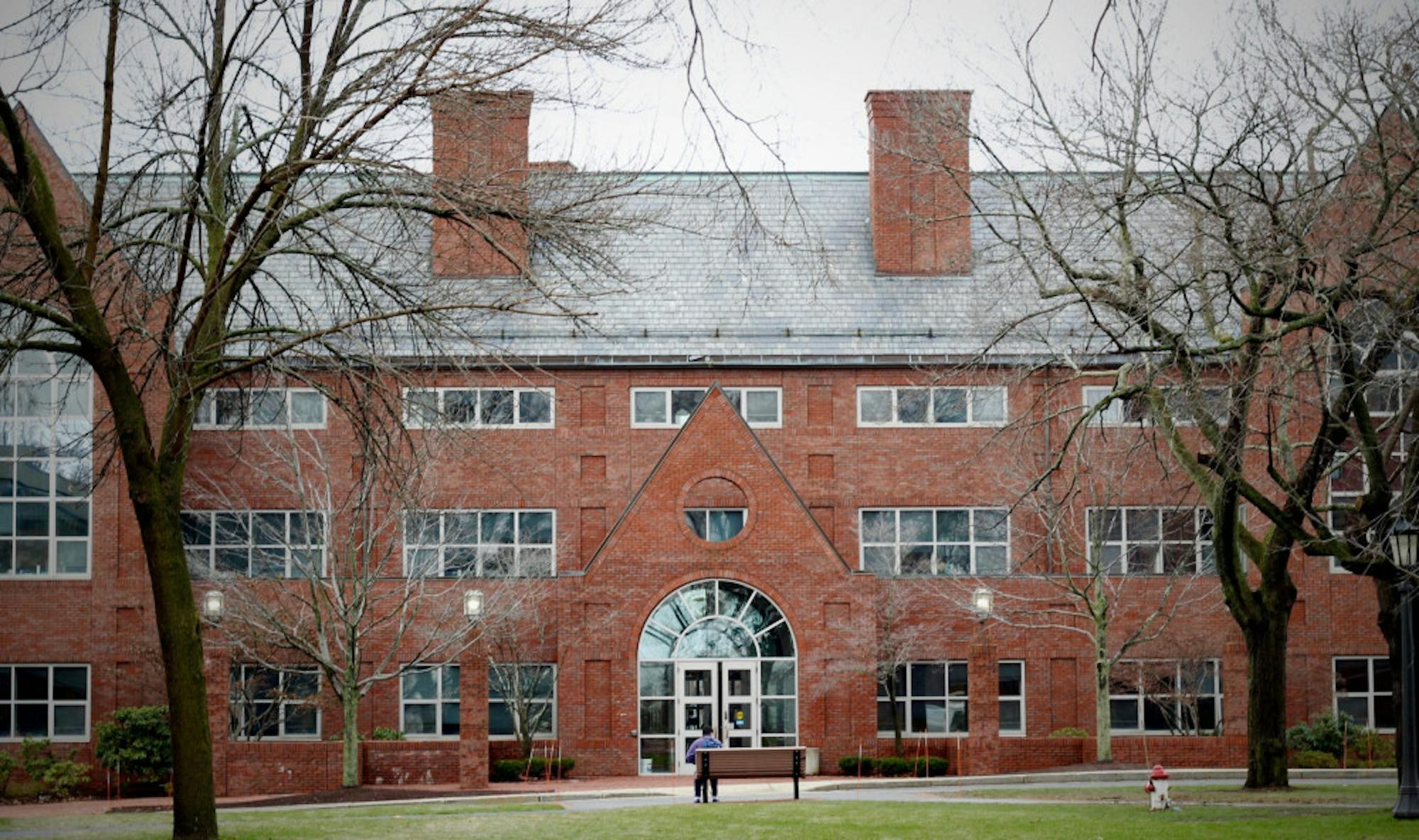Tufts’ Department of Romance Studies will offer a new French & Francophone cultural studies major, in addition to a French Literary Studies track this Fall. The new major reflects a push within the department to teach languages from a broader, more worldly perspective, moving away from their primary focus on written works.
“Understanding French culture is much richer … than how it has been taught, or had been taught. And I think we were a little behind,” Nina Gerassi-Navarro, chair of the Department of Romance Studies, said. “The [French cultural studies] track … is really a shift from an overdetermined focus on literature.”
French is the second program within the Department of Romance Studies to offer a cultural studies track, with the Spanish program being the first to do so in fall 2018, according to Gerassi-Navarro. French professor Anne-Christine Rice noted that the need for a new major became clear to French teachers after they surveyed their students last year.
“Mostly what we found was that [French students are] interested in a broad variety of courses,” Rice said. “They are interested in literature, but they are also interested in history, art history, music, politics, [international relations]-related courses, food systems, sustainability, all kinds of different topics. That really helped us decide that we need to offer a broader array of courses, taught in French, but that can tie in with their other interests.”
Junior Ryan Stolarz, who plans to major in French & Francophone cultural studies, spoke to the advantages of studying French through a more comprehensive lens.
“In high school, my French classes were all … heavily literature based,” Stolarz explained. “So when I came to Tufts, and I was doing that again, it wasn’t necessarily a bad thing, but it would be cool if I could do classes on French food, or the culture in some other way, rather than learning about 19th and 18th and 20th-century poetry and literature. I think variety just [makes] learning French a lot more comfortable and appealing.”
The flexibility of the cultural studies track also makes it easier for students to fulfill their requirements if they are double majoring or studying abroad.
“I studied abroad and a lot of my friends did as well, and if you study abroad, sometimes you take French classes that don’t quite fit into the literature category,” senior and French major Sofia Grose explained. “But if you switch to the French and Francophone studies major, then you can count those classes abroad more easily.”
Students who go down the cultural studies track will still have to fulfill the same three requirements as French Literary Studies majors: “Composition and Conversation II,” “Readings in French Literature I” and “From Romanticism to the Twenty-First Century in French Literature.” From there, they must take seven courses in advanced language, culture and/or literature, such as a class on the effects of migration on contemporary France or a new course on colonization and decolonization in the French-speaking Caribbean.
Gerassi-Navarro explained that adding “& Francophone” to the name of the major was essential to make room for voices beyond France.
“The French culture track … it’s not just France. It’s Canada. It’s Haiti. It’s Martinique. It’s north and sub-Saharan Africa. I mean, it’s huge,” she said. “We talk about global citizenship, we talk of being interconnected and international, but if you don’t understand a little bit of the culture and the history and the way different cultures look at things, you can’t really advance.”
Through the new French & Francophone Cultural Studies major, the department aims to continue building stronger connections across the four romance studies programs: French, Spanish, Italian and Portuguese. Gerassi-Navarro hopes that students will embrace opportunities to study how these cultures both come together and converge — analyzing, for instance, the variations between Anglo-Caribbean, French-Caribbean and Spanish-Caribbean perspectives, or comparing France and Spain’s relationships with Haiti.
“In English, we have seven continents. But in Spanish, we have six continents, because North America and South America are considered one continent. … What do we do with these two different knowledges?” Gerassi-Navarro asked. “One is not better than the other, they’re different. … We as a department can offer a space to bring those connections and differences together and help think about it, because that’s what I think is what we really need today.”
Ultimately, the French & Francophone cultural studies major is an opportunity to broaden the definition of “French,” making way for new narratives.
“By creating a culture track, you’re legitimizing that this is important, just as the classic text,” Gerassi-Navarro expressed. “These new voices that are emerging, this new way to look at culture, is just as important.”






